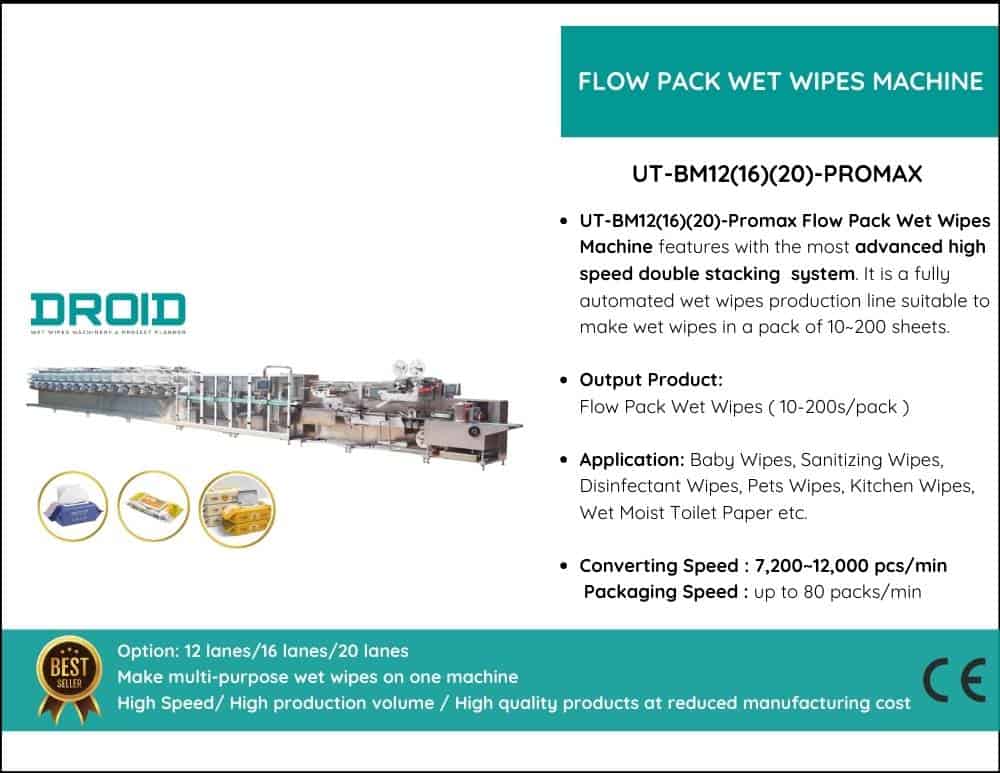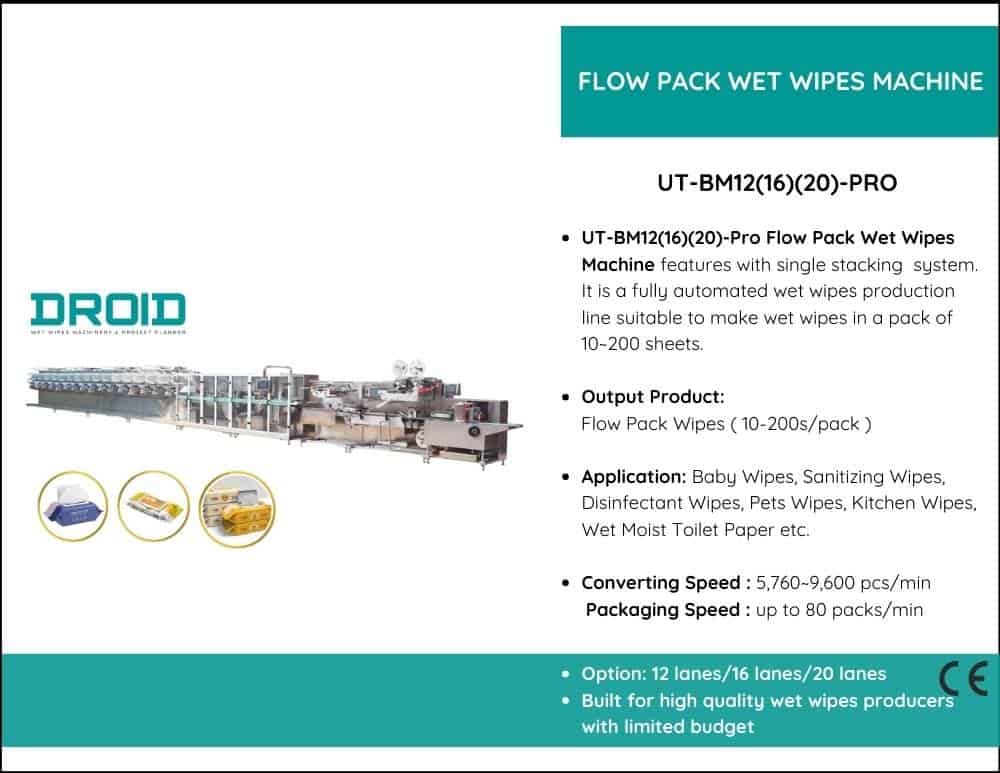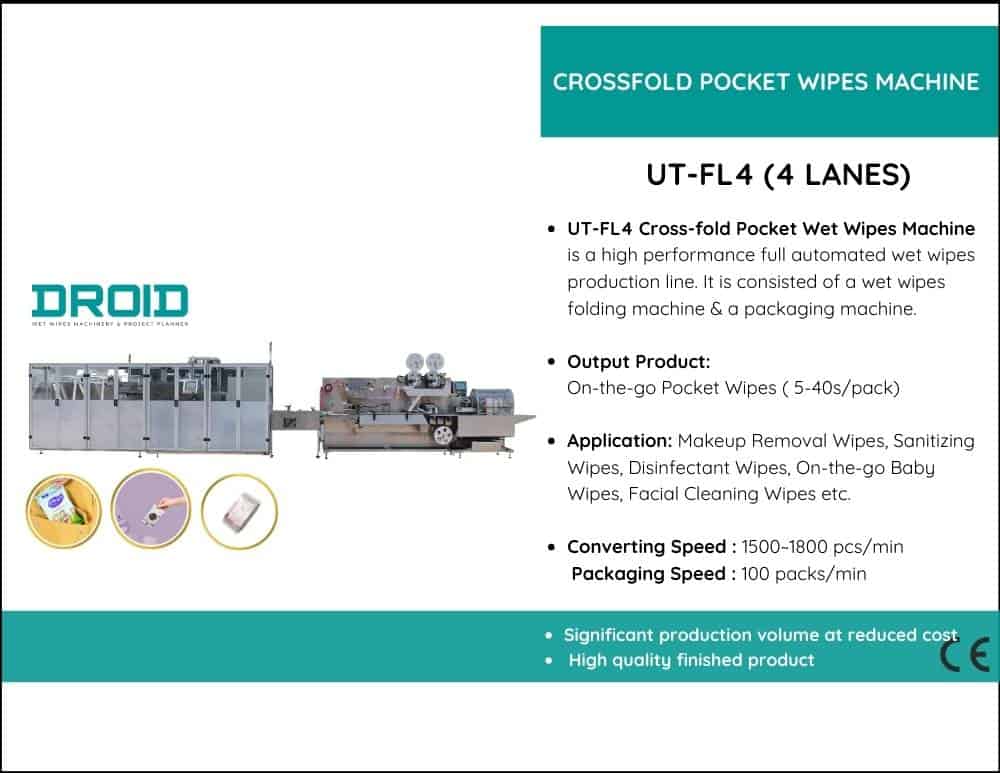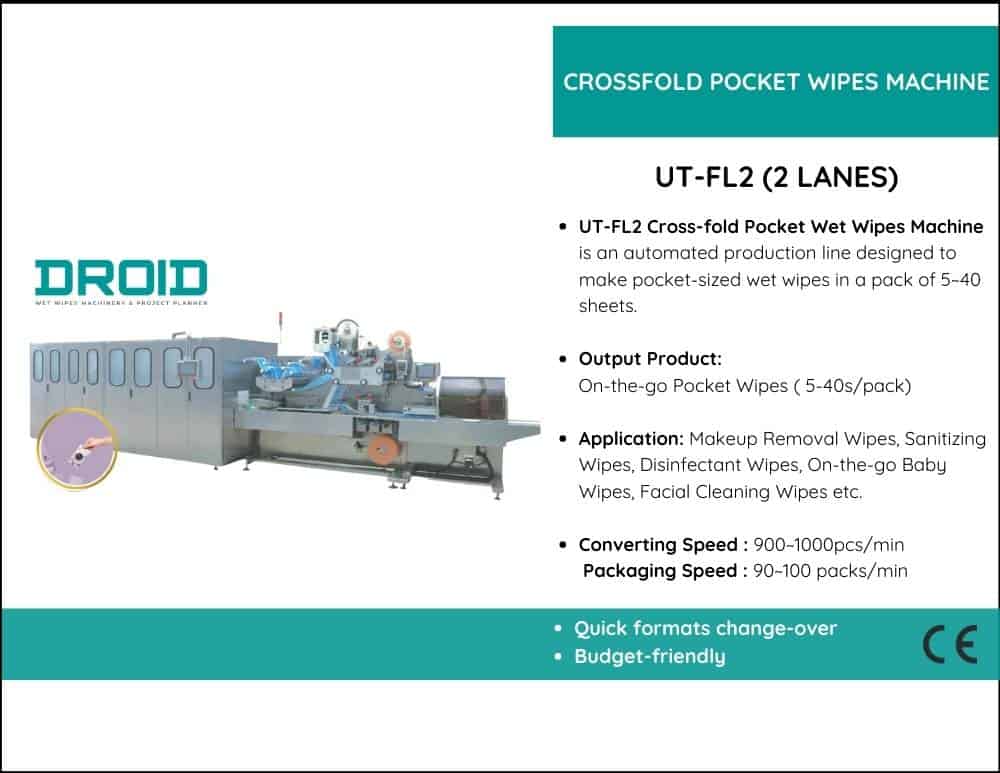Branded wet wipes serve a distinct purpose compared to private label wet wipes, which tend to blend into store shelves. Branded products attract attention, build customer confidence, and can influence market trends. While the potential rewards for manufacturers creating their own brand can be significant, the associated costs and challenges are also considerable.
With branded wet wipes, manufacturers have complete control over the product’s narrative, from formulation and packaging to marketing and distribution. Unlike private label products, which are often associated with affordability and basic functions, branded wet wipes aim to create a unique emotional connection with consumers. Businesses can differentiate their offerings by emphasizing quality, innovation, and values such as sustainability, hypoallergenic formulations, and dermatological endorsements through strategic branding, storytelling, and marketing campaigns.
One of the primary advantages of developing a branded product line is the potential for increased profit margins. By effectively connecting with their target market, brands can differentiate themselves from private labels or generic competitors and command premium prices. Strong brand equity often fosters consumer loyalty, with customers choosing to stick with a brand even when faced with cheaper alternatives.
However, pursuing this path requires a significant initial investment. To establish a recognized and trustworthy brand, manufacturers need to allocate substantial resources to product development, marketing, packaging innovation, and the expansion of their distribution networks. Competing directly with well-established brands in a crowded market also necessitates considerable spending on market research to identify niche segments or unmet needs.
Moreover, managing a branded product line involves operational complexities. Wet wipes manufacturers must ensure the consistent production of high-quality goods while also managing customer service, logistics, legal compliance, and brand reputation across all distribution channels. While this comprehensive responsibility adds layers to a business’s operations, it also provides an opportunity to shape how customers perceive and interact with the product.
In today’s consumer-driven market, where trends like natural ingredients, eco-friendly materials, and sustainable packaging influence purchasing decisions, branded wet wipes can carve out premium market niches. For manufacturers willing to invest in their own brand identity, branded wet wipes evolve from being merely a product into an experience, a promise, and a long-term asset that contributes to building a recognized and strong company.











